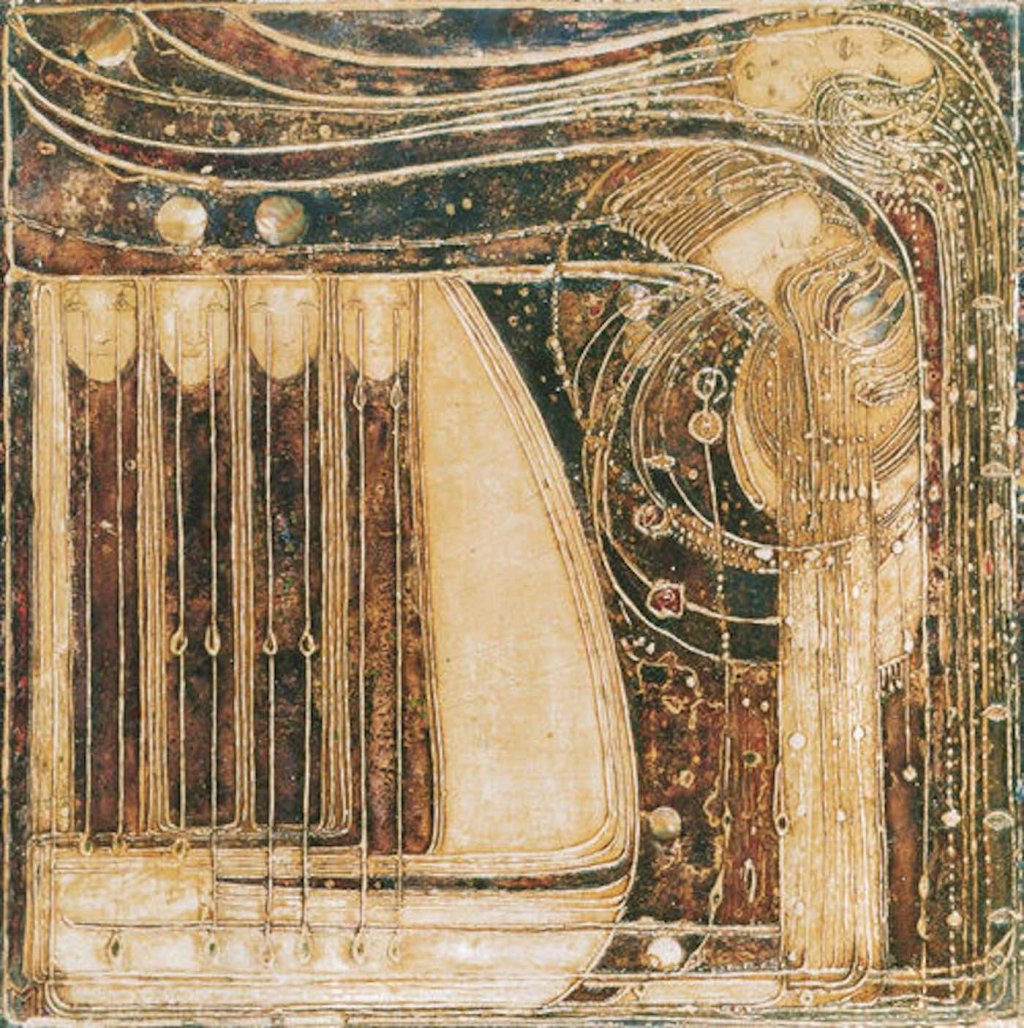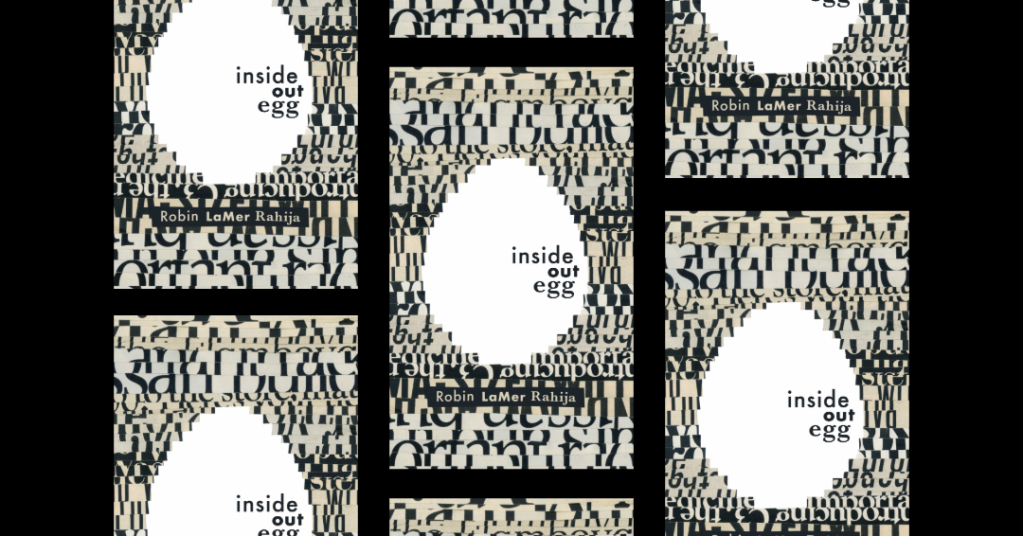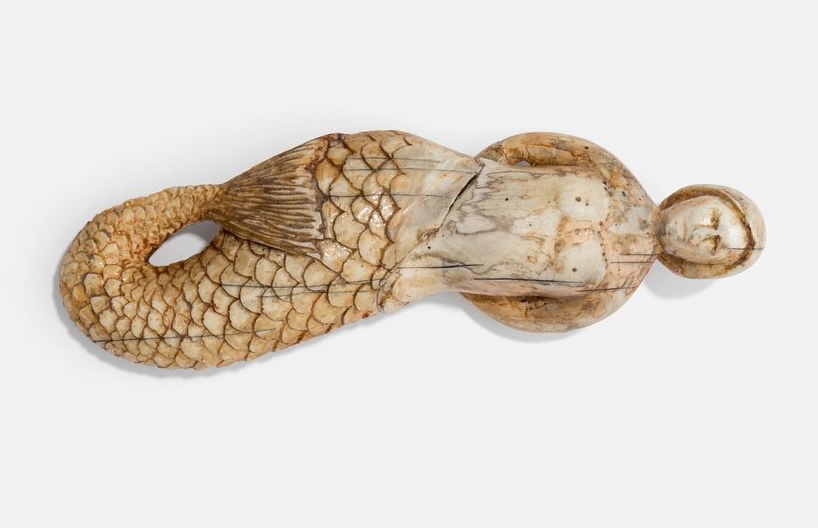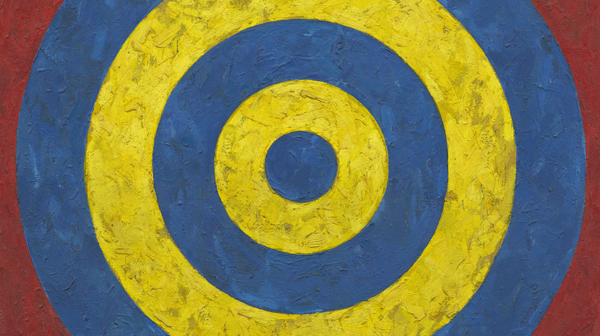500 words | 5 min read
“I want to say up front, it is not a book for beginngers,” Ursula writes in Steering the Craft. “It’s meant for people who have already worked hard at their writing.”
Me, sitting at the feet of a literary god, how could I be anything but a beginner? I put the book aside, only to pick it up again after three years of heavy lifting. I’m still a novice, but I’m no longer daunted by the warning.
Why was Ursula was so forbidding in her first two sentences? It puts one in mind of a hero’s proof; to enter, one must feel their worth instead of shaking in their flimsy boots. In the end, I think the answer to this question can be found in A Wizard of Earthsea:
“I cannot enter,” he said unwillingly, “unless you help me.”
Here are some of my favorite concepts from Chapter 1 of STC:
“The test of a sentence is, Does it sound right?”
My language deconstruction skills are abominable, even after years of secondary and tertiary education. Whip out a Mad Libs, and I’m googling the meaning of “adjective” while my writer friends roll their eyes. And yet, I can listen to a sentence and know if it’s crisp, languid, heavy, or pointed. We’re imbued in the nuance of our native tongues, immersed from birth in the music of words. And if you read, your mind becomes the needle that sings the record of the song.
“A good writer, like a good reader, has a mind’s ear….A story is made out of language, and language can and does express delight in itself just as music does.”
Ursula goes on to show four examples of stories with beautiful sounds. Reading it with my mind’s ear to the flow, I was delighted and laughed aloud with the joy of it. Who knew that the sound of a word could add to the meaning of a sentence? Something so earthy and simple had never occured to me as useful outside of poetry. Foolish me.
If you love writing, you love books, and if you love books, you love words. Focusing on the sound of the words opened up a new horizon of possibility for me, one I’d previously denied because minimalism at all cost was often the prevailing wind. Thinking about how my writing sounded took my focus off worrying that it could be written at all. It was akin to a sensory distraction for my inner censor.
Oh hey, this tickles! Hey, stop it now, you’ve written a whole page of beautiful nonsense!
So, if you haven’t tried this exercise, consider taking up the experiment of being gorgeous, and revel in the delight of prose for the existence of itself. You might find your own golden apples of the sun, silver apples of the moon.*
*From The Song of the Wandering Aengus, by William Butler Yeats.
Artwork by Margaret Macdonald, “The Opera of the Winds”, 1903. Wikiart page.
☼








Leave a comment